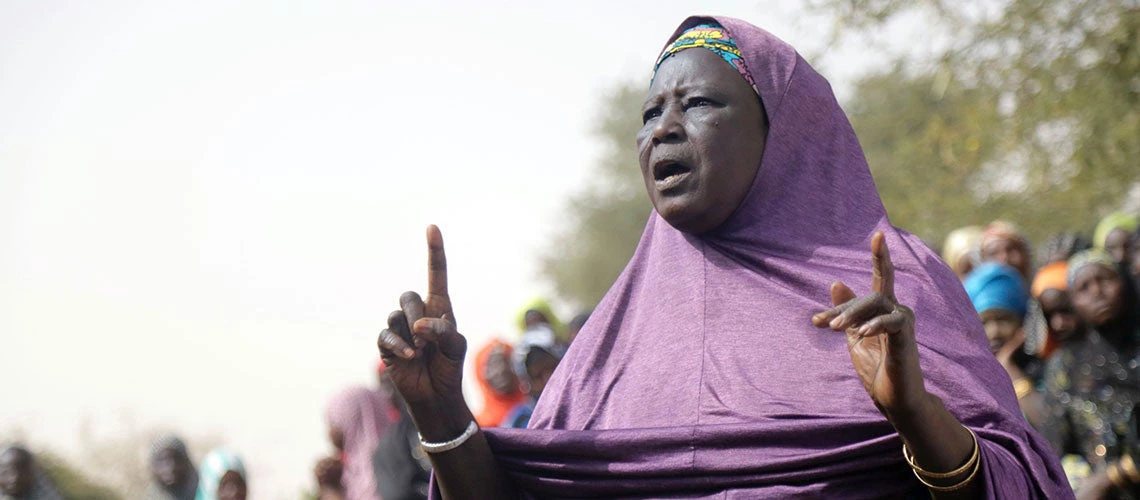 A woman from a village near Niamey, Niger, sharing her everyday struggles and hopes the Community Action Project for Climate Resilience will be a game-changer in her children's lives. © Erick Kaglan, World Bank
A woman from a village near Niamey, Niger, sharing her everyday struggles and hopes the Community Action Project for Climate Resilience will be a game-changer in her children's lives. © Erick Kaglan, World Bank
Traveling in the Sahel region, I have seen how conflict, poverty, natural disasters, and climate change are reversing the region's development path and magnifying people's mass displacement and food insecurity. I have also seen hope and resilience and an opportunity for us as an institution to make a difference.
One year ago – in February 2020 – I visited communities in the Sahel and heard about residents' everyday struggles and their incredible stories of resilience in the face of adversity. I remember a woman in particular from a village near Niamey, Niger. She showed me her hands, marked by a lifetime of hard work, and told me that she didn't want her children to experience those same hardships. This Nigérienne expressed hope that the community project we were supporting would be a game-changer for them. Shortly after that, the COVID-19 pandemic descended on Niger. I was saddened to learn that Issaka Assane Karanta, the Niamey Capital District Governor who accompanied me on that visit caught the virus and passed away a month ago.
In addition to the human toll, COVID-19 is triggering the deepest recession in the Sahel since independence, plunging an additional 1.3 million people into extreme poverty. This challenge is on top of the violence that has spread during the past two years - extending from northern Mali to the country's center and across the three-frontier area, where Mali meets Niger and Burkina Faso. The number of people fleeing violence in the region has quadrupled, with 2 million now displaced in their own country. In the wake of the COVID crisis, how can we help reverse this fragility trend and set the Sahel region on a path to resilient recovery?
For the Sahel countries and the international community, this is a moment for action - to advance reforms and better deliver sustainable solutions at scale and speed.
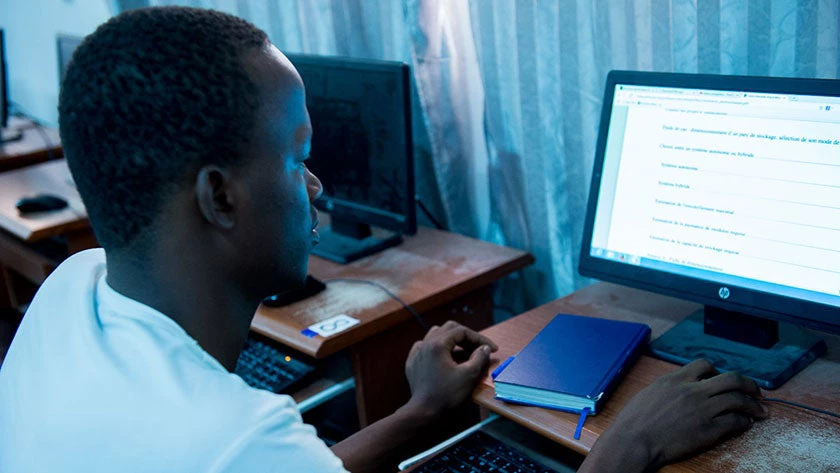
To deliver results at scale, we've been strategic in our key priorities and are committed to meet our ambitious targets. We are focusing on three main areas: Climate, by transforming agriculture and water management; People, by investing in human capital and women's and girls' empowerment; and Infrastructure, by developing connectivity and improving access to electricity.
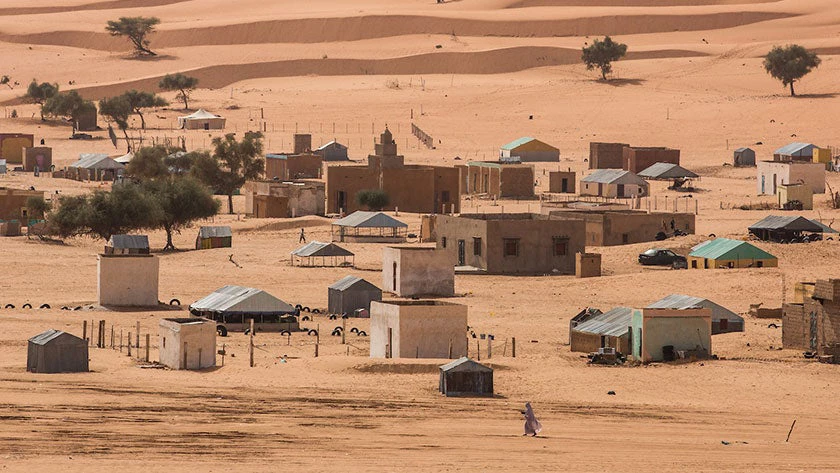
On Climate, we are investing in programs to scale up support to restore degraded land, boost agriculture productivity, and enhance water security to build climate-resilient food systems and sustainable landscapes. With temperatures in the Sahel increasing 1.5 times faster than the global average, these countries face increased water scarcity, reducing crop yields and livestock productivity, and affecting food security and food prices.
These challenges significantly impact pastoral herders, who are essential links for socio-economic development and stability. Increasing their resilience is crucial. The Sahel Pastoralism Support Project (PRAPS) helps protect pastoral systems by improving resource management, facilitating access to markets, and diversifying income sources for pastoral households.
On People, we've made significant efforts to invest in girls and to keep them in school. During my trip, I saw the determination of many young women to break the cycle of poverty in their families and make their aspirations come true. The Sahel Women's Empowerment and Demographic Dividend Project (SWEDD) is changing many girls' lives. This is one of the best investments to help these countries reap their demographic dividend while delaying child marriage and empowering women, both at home and in the workplace. As of January this year, nearly 300,000 women and adolescents received training and accessed contraception and support to stay in school through SWEDD.
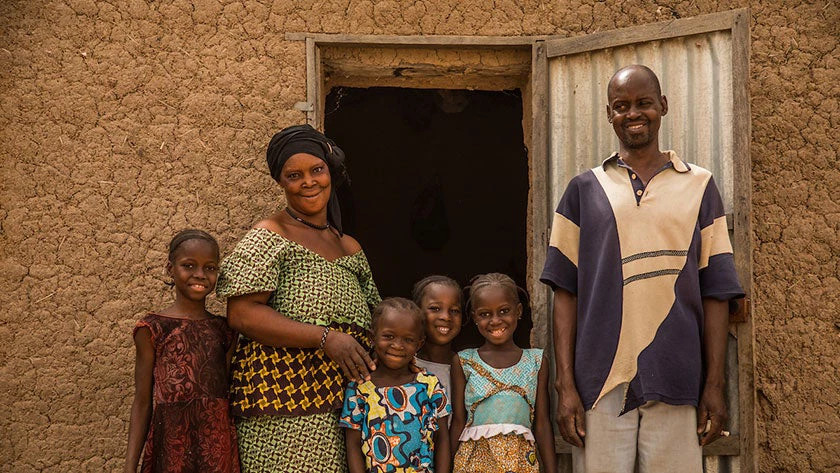
On Infrastructure, we are making progress on improving connectivity and promoting digital transformation. More than 500,000 people now have access to all-weather roads to reach schools, health centers, and local markets in Mali. In Niger, the Smart Villages for Rural Growth and Digital Inclusion Project focuses on increasing access to cellphone and broadband services in rural areas.
One thing is certain— the international community must do more for the Sahel. We must show solidarity in words and actions. That is why we have scaled up our financial support to the G5 Sahel countries - Burkina Faso, Chad, Mali, Mauritania, and Niger through the International Development Association (IDA) to support conflict prevention, resilience, and emergency responses. IDA increased from $2.5 billion during the 3 year period of IDA17, to $6 billion in IDA18, and now we have the ambition for fiscal years 21-23 to reach 8.5 billion.
We are also providing employment opportunities for the 1.4 million young people poised to enter the Sahelian countries' job markets every year. Addressing this issue is critical in boosting economic recovery and preventing youth from being recruited and radicalized by insurgency groups and criminal gangs.
Here, the private sector plays an essential role in promoting job creation and improving the business climate through reforms and de-risking. In Mali, we are supporting competitive value chains with high export potential, such as mango and quality beef, and building the first modern shea butter processing plant in the country. In Niger, the Smart Villages for Rural Growth and Digital Inclusion Project focuses on increasing access to cellphone and broadband services in rural areas. Also, the International Finance Corporation (IFC), a member of the World Bank Group, has been supporting greater private sector investment in the region.
The second wave of the coronavirus, and the appearance of new variants on the continent, magnify the need for urgent action. The pandemic is increasing inequalities throughout the world and, without access to vaccines, the gap will widen further. The Sahel must not be left behind.
That's why we are stepping up our efforts to help our countries purchase and distribute vaccines, tests, and treatments and strengthen vaccination systems. At the heart of our work towards vaccines equity, we are partnering with governments in every country and various organizations on readiness assessments to make sure vaccines reach everyone.
Thinking back to this Sahel trip, I was encouraged by the people I met and their aspirations to build a better future for themselves. Together, the World Bank Group, the private sector, and partners such as the Sahel Alliance, the United Nations (UN), and the International Committee of the Red Cross (ICRC) will continue to support the realization of their aspirations.
Sahel's incredible resilience gives us hope, but more importantly, affirms that we can—and must—continue uniting for this important mission.

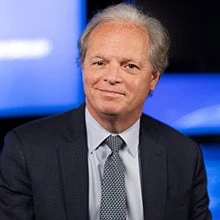
Join the Conversation